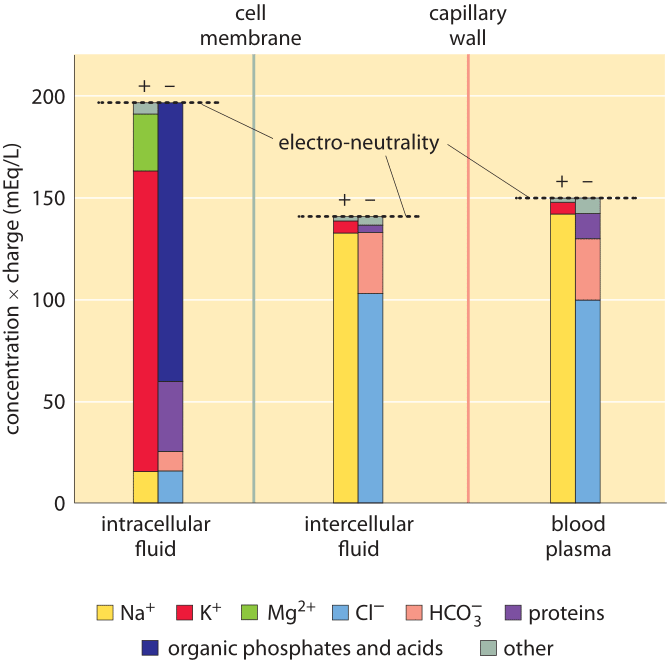Cort
Phoenix Rising Founder
- Messages
- 7,392
It Appears that there seems to be something of a consensus about the right kind of diet for ME/CFS.
Check out Dr. Myhills low allergen, low glycemic index diet Stoneage Diet:
In the evening you can eat all of the above, plus modest amounts of higher GI foods
Here's Dr. Natelson's Even More Restrictive Diet
Check out Dr. Myhills low allergen, low glycemic index diet Stoneage Diet:
- Any meats: choose from chicken, beef, lamb, pork, turkey, duck, 'game' meats such as venison, pheasant, goose etc. Bacon and ham. Salami. Liver, kidney and offal are fine too.
- Eggs - an excellent source of lecithin (eat soft yolks), which reduces blood cholesterol levels.
- Any fish: salmon, mackerel, cod, haddock (care with smoked fish which often contains dyes). Tinned fish in brine or olive oil is fine. Tinned shrimps, prawns, mussels, cockles etc.
- Any green vegetables
- All salads: lettuce, tomato, cucumber, celery, peppers, onion, cress, bamboo shoots etc.
- French dressing: make your own from olive oil, lemon juice, garlic, mustard.
- Any low CHO fruit: apple, pear, orange, grapefruit (no sugar!). Berries are excellent. Seeds: sunflower, poppy, sesame.
- Nuts: peanut, brazil, hazel, cashew, pistachio, walnut etc.; nut butter spreads, tahini (sesame seed spread).
- Use cold pressed nut and seed oils liberally such as sunflower, olive, sesame, grapeseed, hemp. linseed, rape and so on.
- Soya products
- Spices and herbs: chilli, cumin, ginger, coriander, pepper, cloves etc
- Herbs, salt (ideally Solo - a sodium reduced sea salt), olives, pork scratchings
- Allowed drinks in the day Bottled or filtered water
In the evening you can eat all of the above, plus modest amounts of higher GI foods
- Rice and potato e.g. rice cakes or puffed rice from health food shops.
- Root vegetables - carrots, parsnip, turnip, celeriac
- Specific grains: millet, buckwheat, sago, quinoa.
- Some high carbohydrate fruit: banana, avocado, grapes, melon
- Dried fruit: sultana, apricot, prune, raisin, fig, date etc
- Pulses: lentil, butter beans, chick peas, flagolets etc
- Mixture of nuts, seeds, dried fruits
- Arrowroot flour: for thickening gravies
- Diluted fruit juice: Grape juice, pineapple juice, apple juice, tomato juice - best drunk diluted.
Here's Dr. Natelson's Even More Restrictive Diet
- No; alcohol, Rice, potatoes, corn, bread, cake, deserts, fruits, carrots, beets, tomatoes, beans
- Yes: meat, green leafy vegetables, eggs, low-fat dairy, soy products, eight glasses of water a day
Then there's a kind of generic Leaky Gut Diet
- Low carbs
- Increased vegetables
- Reduced or no fruit
- High meat intake
They're all low carb, high vegie, low fruit, high meat diets. Is this THE Basic Diet for ME/CFS?

